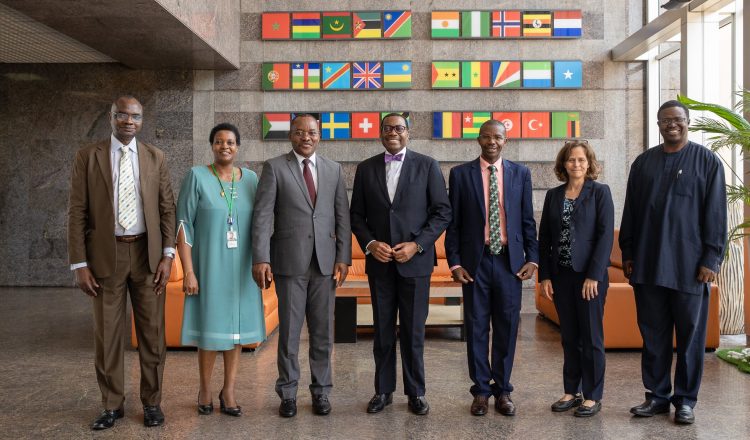African heads of state have pledged their full support for the Africa Fertilizer Financing Mechanism (AFFM). This commitment, formalized during the Africa Fertilizer and Soil Health Summit in Nairobi, is a significant step towards improving soil health and making fertilizers more accessible to farmers.
The decision, enshrined in the Nairobi Declaration on the Africa Fertilizer and Soil Health Summit, aims to empower the AFFM to invest in advanced yield-boosting technologies and comprehensive soil health initiatives. It also prioritizes the development of infrastructure and logistics to ensure fertilizers are readily available and accessible to markets across Africa.
A key component of this initiative is the creation of a soil health fund under the AFFM, which is hosted by the African Development Bank Group. This fund will play a crucial role in supporting research, fostering innovation, building capacity, and nurturing startups that focus on fertilizer usage and soil health. Such efforts are expected to drive sustainable agricultural practices and significantly boost crop yields.
Read also: Four Things You Must Know Before Starting Your Own Business
Ghana: Toddler Prodigy Ace Liam Breaks Guinness World Record
In addition to the soil health fund, African leaders have adopted a comprehensive 10-year Action Plan for Fertilizer and Soil Health and launched the Soil Initiative for Africa. These strategic plans are designed to tackle the root causes of low agricultural productivity by improving soil fertility and ensuring the consistent availability of high-quality fertilizers.
The African Union Commission and the African Union Development Agency – New Partnership for Africa’s Development (AUDA-NEPAD) will oversee the implementation of these commitments. Progress will be reported to the African Union Assembly in February 2026, ensuring accountability and sustained momentum.
Dr. Beth Dunford, Vice President for Agriculture, Human and Social Development at the African Development Bank, emphasized the importance of scaling up the AFFM. “As one of the key mechanisms that will support the implementation of the Africa Fertilizer and Soil Health’s 10-year Action Plan, the Bank is committed to scaling up the AFFM 2.0. Our goal is to increase productivity and improve soil health by financing and mobilizing resources from multilateral development banks, bilateral donors, and the private sector.”
Marie Claire Kalihangabo, Coordinator of the AFFM, highlighted the readiness to mobilize investments and provide innovative financing products. “We are ready to mobilize investments through an enhanced AFFM and ensure timely access to quality, affordable organic and inorganic fertilizers, promoting their appropriate use by farmers across the continent,” she stated.
During the summit, a side event titled “Finance, Food, and Fertilizer: How the Debt Crisis Affects Food and Farm Inputs Markets in Africa” was hosted in collaboration with Yara and Sustain Africa. This event addressed critical fertilizer market challenges, including the impacts of government subsidies, economic constraints, and reliance on food imports.
- Tags: 10-Year Action Plan for Fertilizer and Soil Health, Africa Fertilizer and Soil Health Summit, Africa Fertilizer Financing Mechanism, African Development Bank, Agricultural productivity in Africa, Fertilizer access for African farmers, Nairobi Declaration, Soil Health Fund, Soil Initiative for Africa, Sustainable agriculture in Africa





